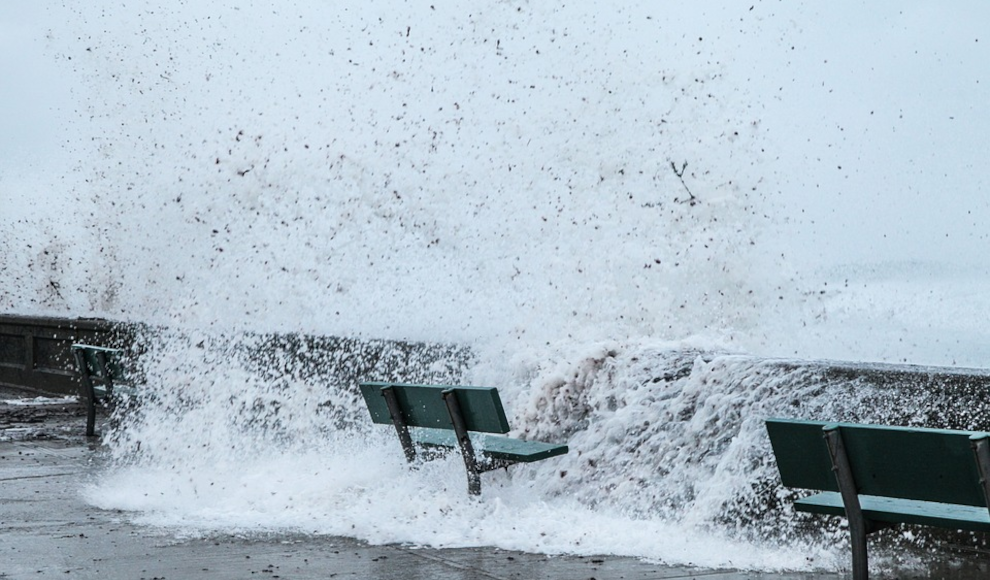The risk of flooding due to climate change is increasing along many European coastlines. This is not only due to rising sea levels, but also to changes in storm surges. Researchers from the National Oceanography Centre analyzed sea level measurements from 79 stations along the European Atlantic and North Sea coasts from 1960 to 2018. They combined this data with statistical modeling to determine how storm surges have developed and the influence of human activity on these events. The study found that extreme water levels have become significantly more frequent since 1960, following the rise in sea levels during this period. In addition, changes in storm surges have also significantly affected the number of floods.
The study’s authors emphasize the importance of understanding how climate change affects the likelihood of extreme sea level events in order to implement effective coastal protection measures. They explain that changes in storm intensity and sea level both play a role in the occurrence of storm surges. Previous studies have not been able to determine the extent of the influence of storm surges due to limited data. However, the researchers found that storm surges are expanding further eastward in the North Atlantic, increasing the risk of flooding in northern central Europe and the UK. In contrast, the trend is opposite in southern Europe. The study also found that human activities are amplifying the effects of internal variability, which is caused by interactions between the atmosphere and oceans, leading to spatial shifts in the occurrence of storm surges.
The authors recommend that current coastal protection measures be reevaluated and adjusted based on these new findings. Ignoring the influence of storm surges could lead to catastrophic consequences if flood protection systems fail prematurely. The study highlights the need for a solid understanding of the impact of climate change on storm surges and the importance of implementing effective coastal protection measures to mitigate the risks of flooding.










